
We are all leading in a complicated, unprecedented season of our lifetime! You are facing massive challenges.
There are no clear answers, and we’re navigating uncharted territory. And many of YOU have an extra layer of pressure.
You aren’t just worried about your job. You’re also concerned about your business, your church, your employees, your families and those that depend on you. The weight you are carrying is hard—you’re thinking about things that not everyone is thinking about.
So, what do we do? How do we lead through uncertainty? Lead during crisis?
Leadership is always important—it is more important now than ever.
As we dive in, first, I want to review what I talked about in Part 1, and then I want to dive into more of the 4 Tiers of Effectiveness.
Let’s review Part 1.
Perspective here is important. We’re facing a very real global crisis. Leadership has never been never more important than it is today.
This is not the first crisis in the history of world, and it won’t be the last. I want to remind you that we will get through this. Later, this will be a memory. We will reflect on what we learned and we will reflect on what we lost.
I had a mentor that told me I would face a crisis at least once in every decade of my life. And so far, that is true.
- Alfred P. Murrah building bombing–This happened in my 20’s, and my church was across the street. My office was one of the closest adjacent structures and thankfully I wasn’t there that day. That time for our little church was devastating. We couldn’t meet in our church building for two years. That was before online church or online giving. It was massively devastating for us.
- September 11—Many of you helped lead through that season as well. I was in an airplane when the planes hit the twin towers. When my plane landed, the world was different. And many parts of the world became different that day.
- 2008/2009 housing crisis—It was very real where I lived. The economy was struggling. Businesses struggled and we helped lead through that.
- And now, the 2020 COVID-19 Global Pandemic—We’re all leading through difficult times now too.
- And we probably will have two or three more challenging seasons to lead through in our future.
Is it difficult? Yes. Will we get through this? Yes.
It is important to remember the problems and opportunities we’re facing in the midst of this crisis.
- Every major crisis creates unexpected problems
- More and different problems today than a month ago.
- Every major crisis also creates unprecedented opportunities
- More and different opportunities today than a month ago.
To review, there are three different types of opportunities—practical, financial and missional.
1. Some opportunities are practical.
Now you have an excuse to make some changes you should have made.
I had a mentor who always said, “Don’t ever waste a crisis.” Go in and fix the problems that should have been fixed before.
2. Some opportunities are financial.
Those who can see needs and respond quickly can build businesses.
There are lots of financial opportunities for the few that see them and seize them. While some people go broke, others will add a lot of value. Let’s have eyes to see the opportunities.
3. Many opportunities are missional.
There are new needs and new opportunities to meet those needs. And there are people in need today who weren’t in need a month ago.
- As a pastor—Know some people are more open spiritually.
- As business leaders—Some are refocusing their resources on different needs. Where some were focused on manufacturing one thing, they are now manufacturing another to meet a need.
- Some churches are opening doors as day care or testing centers for COVID-19.
Don’t let the crisis rob you of seeing the opportunities that are in front of you.
Create a Short-Term Plan
When you are devising a plan expect to get it wrong and think long term.
1. Expect to get it wrong.
There is no road map. You will have lots of false starts. Things are changing too rapidly.
2. Think long-term but plan short-term.
How long is this going to last? Will this be over in a few weeks? I don’t know. I hope so, but we’re not planning on it. We’re going to think worst case scenario. I’m projecting longer-term. I’d rather be pleasantly surprised than constantly disappointed. If I project short-term, I will be continually devasted. It helps me be more conservative. If I’m conservative, I might miss a few opportunities, but we will be alive as an organization. If you’re not conservative, you might not have a church or a business.
Under normal conditions, you can predict longer projections, but right now, you can’t. You have to cast strong. Be lean, and nimble. Think week-to-week or even day-to-day. Things can change on a dime. The mood changes hour-by-hour. We have to think long-term but plan short-term. Lower your expectations of how often you’re going to get it right. We can’t project forward.
So, here is a tool to determine what you need to be working on.
Diving Deeper: 4 Tiers of Effectiveness
You have difficult decisions to make at home and at work, and there aren’t enough hours in the day.
We need to ask ourselves, what do we know? What’s one of our primary tasks as leaders?
One of the primary tasks of any great leader is to direction attention.
Leaders focus attention and activity toward a desired result. Your team needs your leadership to make the next right decision.
But first, the most challenging attention to direct is your own. You are the most difficult person you’ll lead. Why? You have so many things to do—You have so many urgent things to respond to right now. What’s urgent always screams louder than what’s important.
If you’re always responding to what’s urgent, you will inevitably sacrifice what’s important!
My team is a group of world-class leaders. They are overwhelmed. There is so much volume coming in. The increasing demands have outgrown our ability to effectively manage. Can you relate? We don’t want to overwhelm the team—we want to redeploy our resources and redeploy the team.
Essentially, we had two options:
- We could expand our team.
- We could redefine our priories.
So, we developed the 4 Tiers of Effectiveness:
TIER 1—Absolutely mission critical
If we don’t do this, the boat doesn’t float! This is what must be done.
TIER 2—Very important and strategic
These priorities matter a lot, but they are not mission critical. They’re very important and matter to us, but if it doesn’t get done, the plane won’t crash.
TIER 3—Meaningful but not vital
These priorities are meaningful, but not essential. They are what we would like to do, but nothing significant would be lost if we don’t.
TIER 4—Externally initiated and lower priority
These priorities may be meaningful (maybe not). They are not only NOT vital, they are not our ideas—they’re externally initiated, and someone else (outside) wants us to do them.
Here’s your assignment:
Take note of what you do in normal week. This might feel tedious. Document what you do! Write down.
Try to list everything you do. Don’t think about it a lot, just start writing.
What do I do? Here is an example of my list to give you an idea:
Message Prep—Coach Campus Pastors—Lead meetings—Oversee the board
Podcast—Others’ podcasts—Visit campuses—Coach communicators
Pastoral care—Hospital—Follow up—Meet key leaders in church—Out
Mentor Senior Pastors—Round tables—High level view of budget
Deep dive into dashboards for whole organization—Leadership Direction
Write books—Champion of the GLN—Speak with Businesses/CEO’s, Churches
Coach team members—Welcome new staff—Approve Social Media
Endorsements—Respond to letters—Emails—Texts
Lots of videos—(LG content, Campuses, Pastors, Dozen/more week)
Plan upcoming messages—Additionally, I Decline things people ask of us
The vast majority of what’s in front of me defines itself in Tier 4—tons of outside stuff.
I asked my whole team to do this exercise and define what should be in Tier 1, and many of them said our Leadership Podcast, but no, it is not mission critical. If it goes away, the boat still floats. Another person said, visiting campuses, and there were other things they listed as Tier 1.
But for me, there are only two things, maybe one, in Tier 1. If it’s two, it’s preparing the weekend messages (though that’s debatable, because someone else can do that), but the other is that I’m the only one who can provide the leadership direction for our church. Without that, our team will stray, we won’t stay focused and we’ll do too many different things.
Your importance isn’t measured by how much you do but by how much what you do matters!
If you list more than 5 things on your Tier 1, you’re listing too many! If I’m not getting Tier 1 done, I’m not doing Tier 2.
As a leader, in this season, you will never maximize your effectiveness by responding to other people’s priorities. Don’t let lower tier activities rob you from higher tier effectiveness. You determine what’s important, and you do first what matters most.
In this season—Almost everything should be in Tier 1 or Tier 2.
The reason I like this concept so much, is when someone comes to me with an idea, I can ask, what tier is it in?
My Tier 1 in this season is providing spiritual direction when we cannot meet. The only tool we have is connection. Everything else goes by the wayside. We’re an online church. That is our full-blown strategy. We are building the plane while we’re flying it. We’re 100% committed to connecting people spiritually and relationally. We’re recreating the church as we speak. We’re changing our evangelistic strategy. That’s my Tier 1.
Tier 1 for you in this season might be not laying off employees or recreating your business. Whatever is Tier 1, live in it.
Note: Q&A varies depending on which webinar time you attended, refer to the webinar for the Q&A.


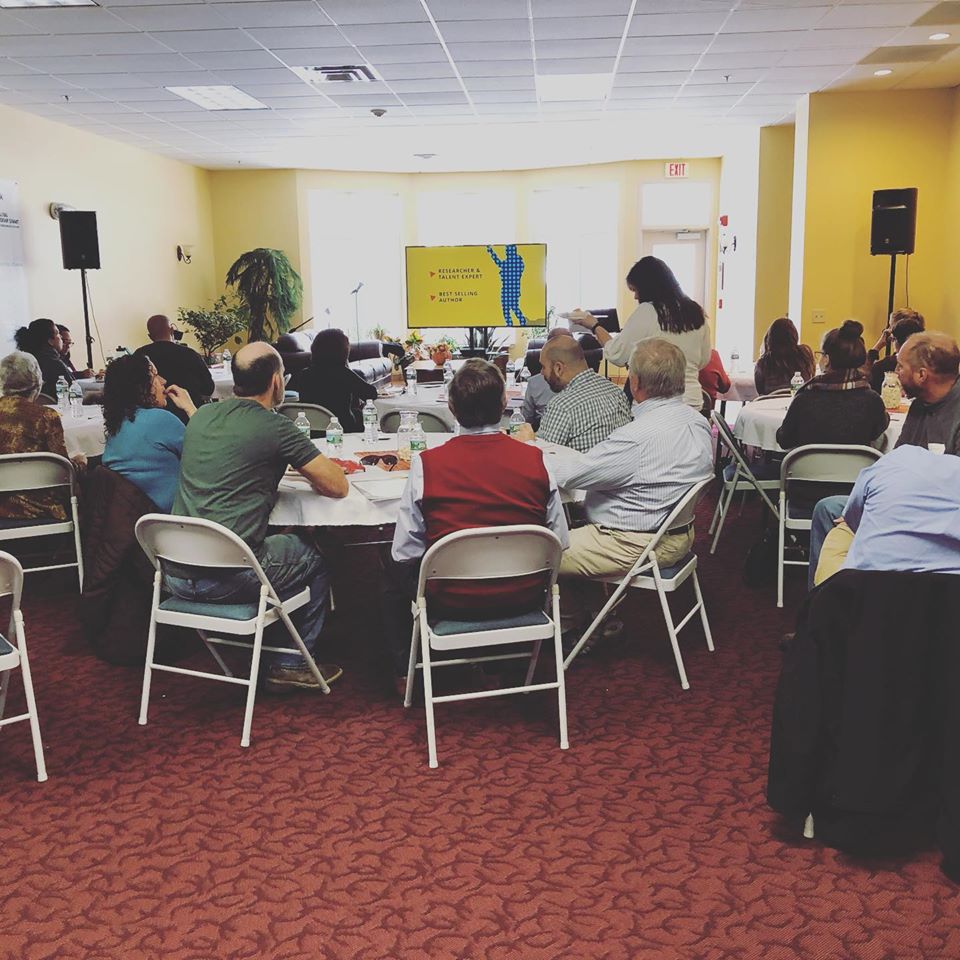 “Last year we used all 40 of our promotional complimentary tickets to invite more key influencers from our city to the GLS,” said Joelle. “Not only have more leaders in our city taken a part of the GLS, but new relationships have been built. In 2019, I became part of a United Way task force on housing. We have hosted several community wide events bringing social service, health care, and government leaders together, including our Congressman.”
“Last year we used all 40 of our promotional complimentary tickets to invite more key influencers from our city to the GLS,” said Joelle. “Not only have more leaders in our city taken a part of the GLS, but new relationships have been built. In 2019, I became part of a United Way task force on housing. We have hosted several community wide events bringing social service, health care, and government leaders together, including our Congressman.”




 We recently launched a partnership with
We recently launched a partnership with 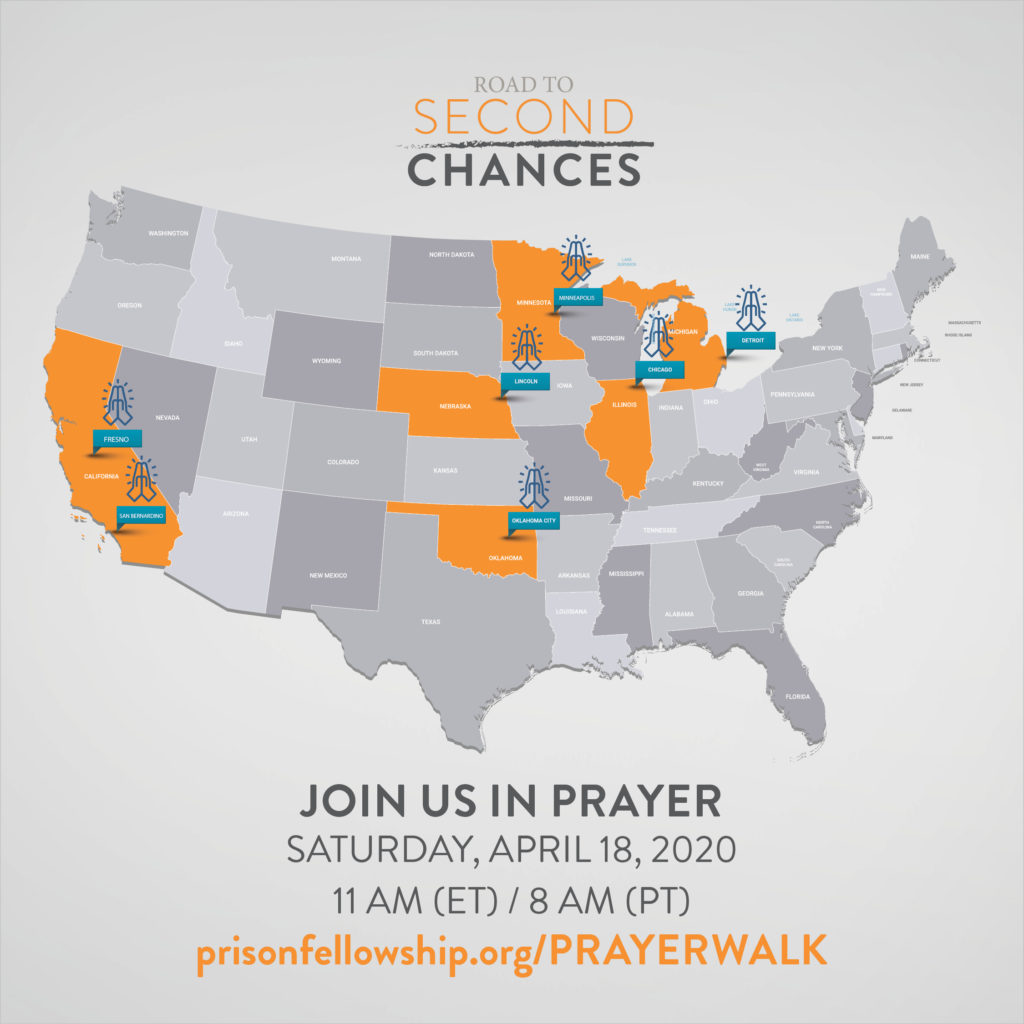

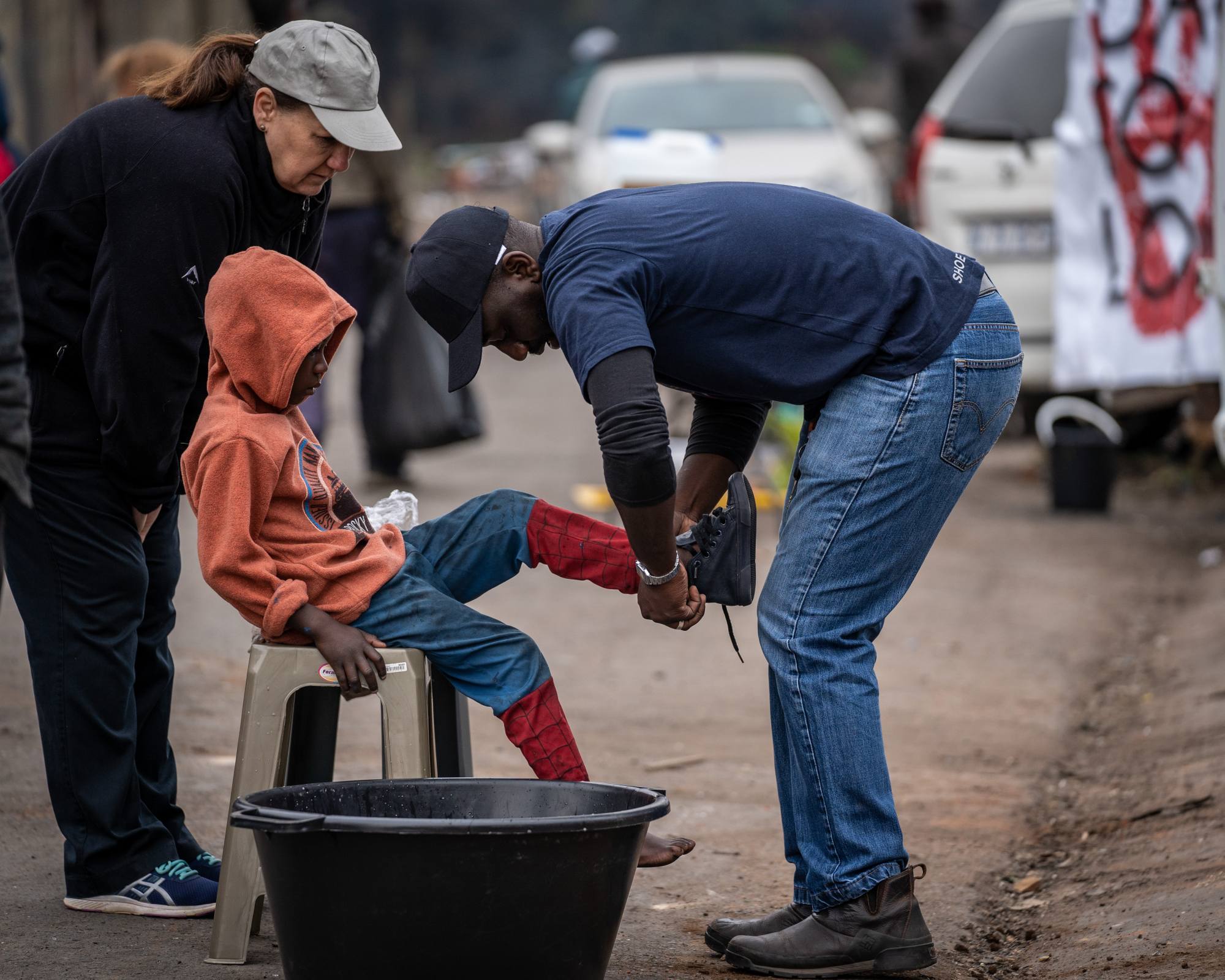

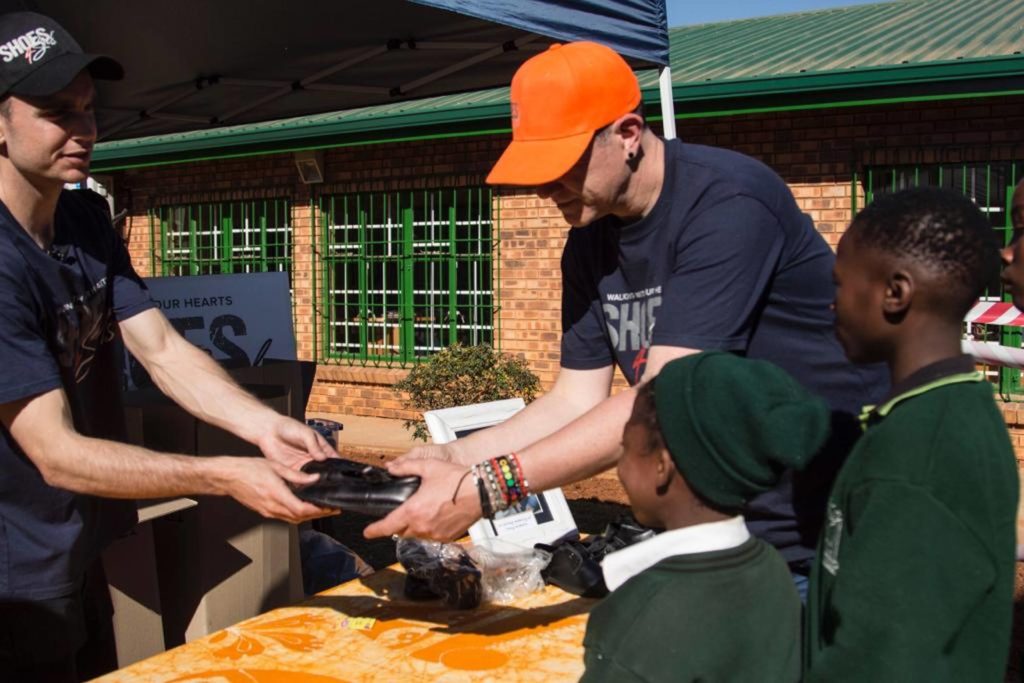





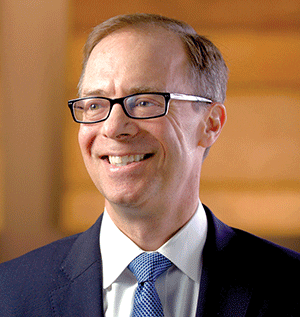


Recent Comments